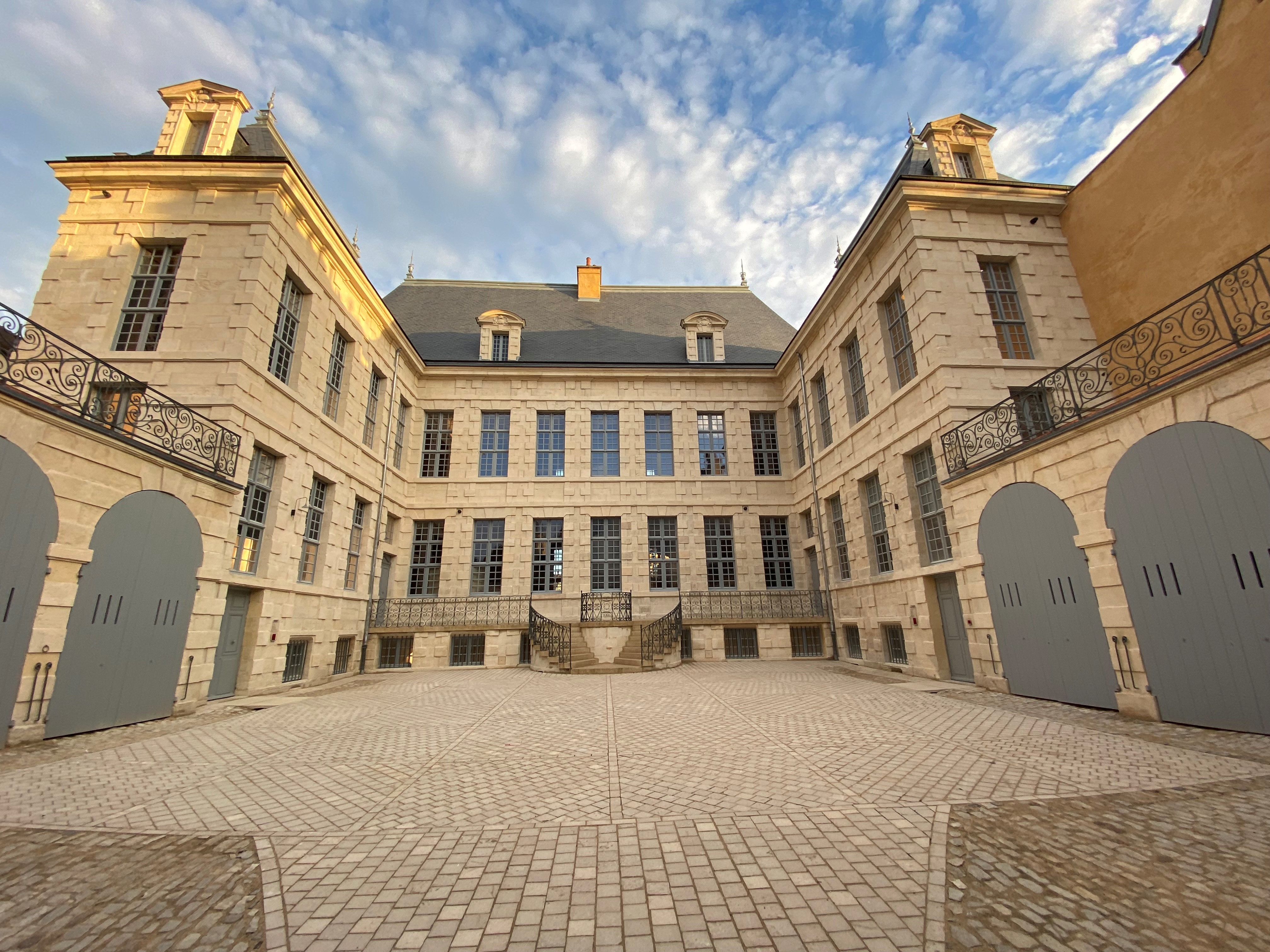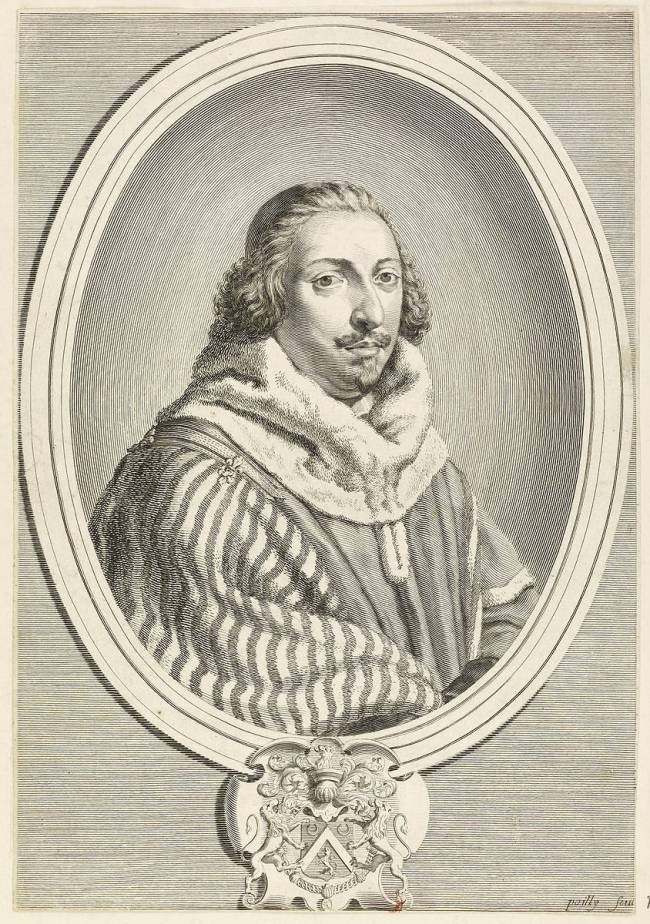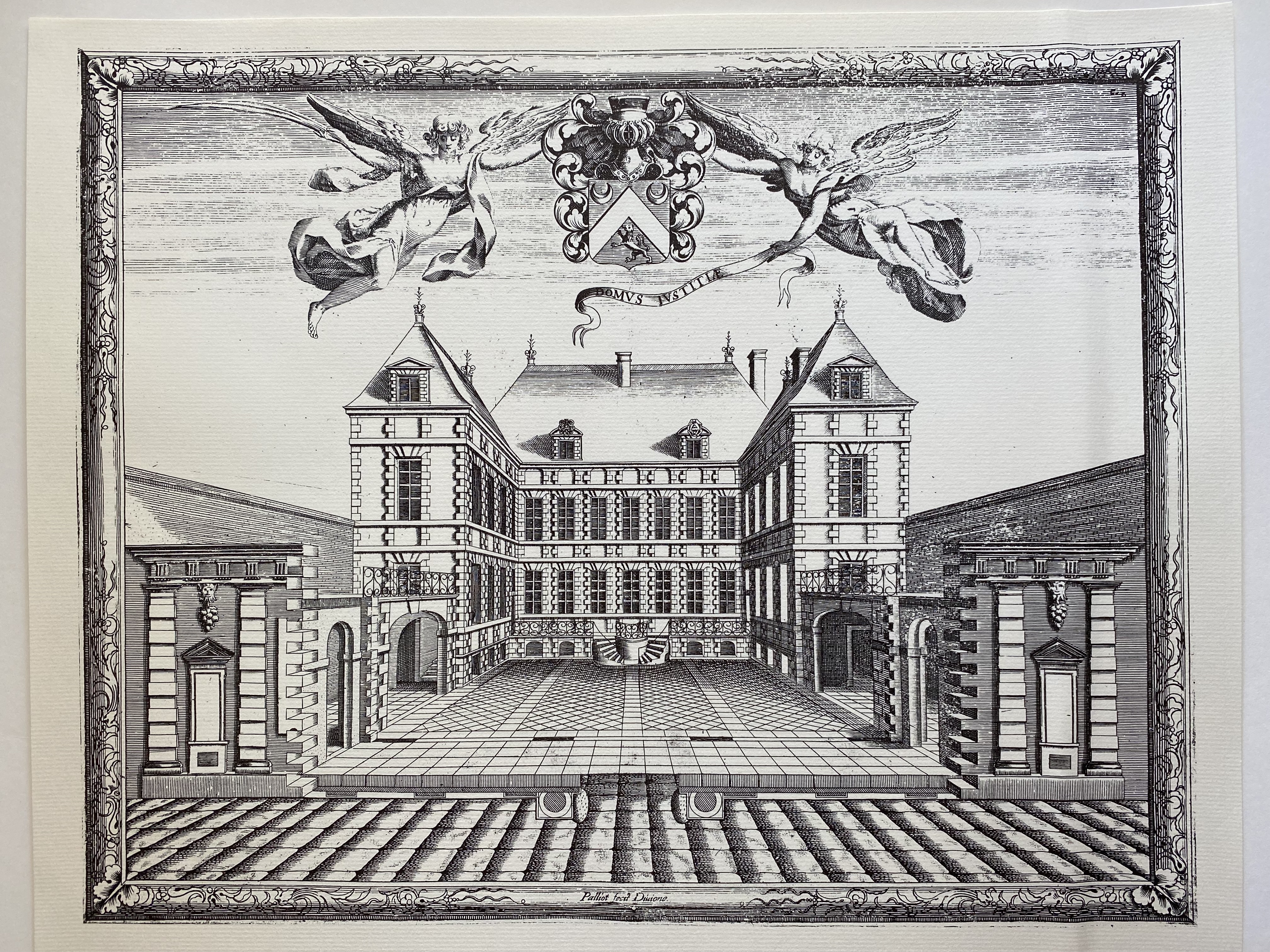2024: Relocation and new headquarters at Hôtel Bouchu, Dijon.
The Hôtel Bouchu d'Esterno will house the OIV Secretariat from 2024, when the renovation work carried out by the city of Dijon will be completed. The capital of Burgundy was chosen to house the new OIV headquarters by a unanimous decision of all the member states.


In 2019, due to the expiry of the lease on the headquarters building, and the finalisation of the rental contract for the rue d'Aguesseau, in the 8th Arrondissement of Paris, the Secretariat has to find provisional offices or relocate. The OIV occupies then a building on the rue de Monceau in the same Paris arrondissement.
Thanks to the good cooperation between the French government, the OIV and its Director General, Pau Roca, France was able to propose a new headquarters option to meet the organisation's property requirements. Three cities applied: Bordeaux, Reims and Dijon. The winning bid, voted by consensus of all the member states, was Dijon. The offer from the capital of the Bourgogne Franche-Comté region included several meeting rooms, and the Hôtel Bouchu d'Esterno, a 17th-century mansion in the heart of the city.
Built between 1640 and 1643 by Jean Bouchu, First President of the Burgundy Parliament, the Hôtel Bouchu d'Esterno is in the tradition of the great aristocratic mansions of the reign of Louis XIII, with its main courtyard, grand staircase and succession of rooms with French ceilings, Its ashlar architecture, with facades punctuated horizontally by continuous, slightly projecting stringcourses and emphasised by visible quoins at the corners and around the bays with small-paned windows.


ENGRAVING, Jean Bouchu’s portrait
In the 18th century, the 17th-century aristocratic hotel was remodelled and became a place, not so much of prestige and expression of position, but of comfort and sociability for good company, pleasure and conversation. Its status changed and it was converted into a commercial hotel, divided into a number of rentals occupied by private individuals.
At that time, the layout and reception areas of the old 17th-century hotel were partly restored and partly recreated, as were the corridors, to ensure a coherent layout and function. Thanks to this work, which lasted until 1932, the building now had the appearance of a seventeenth-century aristocratic residence, with decor inspired by both the seventeenth century and later periods, the eighteenth and nineteenth centuries.


After the departure of the army in 2000, the hotel was used by various departments and associations before being offered by the French government and the city of Dijon as the headquarters of the OIV, which is due to move in for its centenary in 2024 following a major restoration and refurbishment campaign.